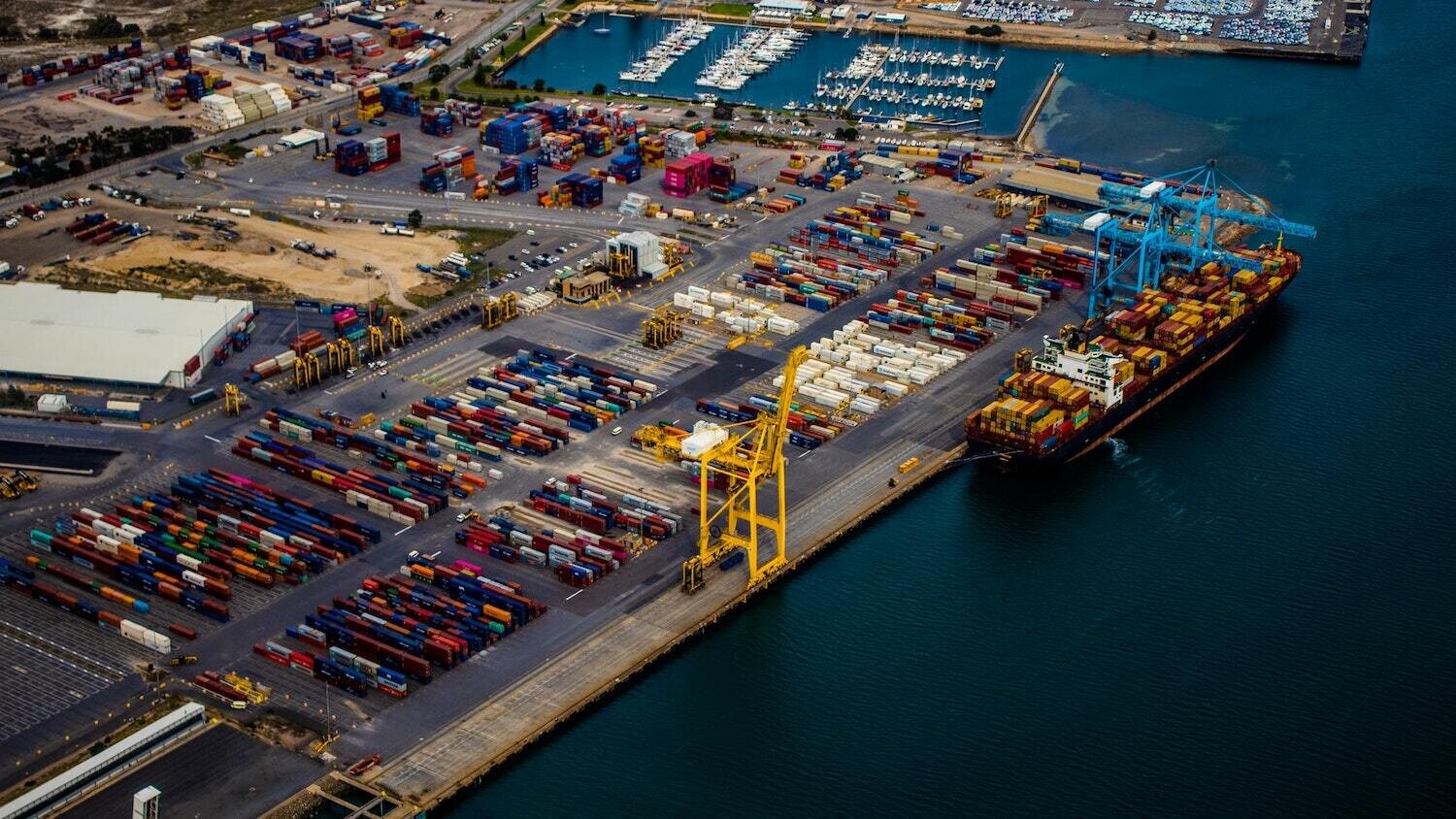blog
Disrupting the Maritime Industry with Apps
By Siddhant Chaudhary App development Digital transformation March 18, 2020

The maritime industry is far behind other sectors in terms of technological innovation. AI, data science and automation are not being adopted in most parts of the maritime industry. According to the Global Maritime Technology Report 2030, smart shipping, big data and analytics, robotics and internet-enabled communications are going to shape the industry. Businesses need to overcome existing challenges and acquire more IT resources to keep up with innovators. While software solutions already exist to help streamline technical and commercial operations, we need more apps that can drive down the cost of operations, offer more customization, and increase operational efficiency. If you own a fleet of ships, apps can be designed to help you monitor your
How Can Custom Apps Reshape The Maritime Industry?
As a ship fleet owner, operational efficiency is what matters the most. Apps can allow you to be more productive and take on more projects than ever before. You can monitor your operations using apps and streamline inefficient processes.
Real-Time Reporting: With the help of trackers, you can get real-time reporting for any of your fleet ships wherever you go. Custom enterprise apps can be built that can track GPS locations of your fleet and let you know the route or current location of your ship via mobile or web apps. The data can then be used to find the most efficient travel routes for your fleet to bring down transportation times. Real-time reporting can also help you measure the productivity and performance of your ships and staff members. It is important to have a high-quality custom application that is capable of offering metrics and insights to help you make better decisions.
Reduce Cost: According to Small Business Computing, custom apps can reduce data entry errors by more than 70%. By using automated data entry, shipowners can reduce the margin for error. One of the biggest problems in the shipping industry is the slow pace at which data is collected and recorded. With real-time reporting and data entry, you can avoid the risks of human error and achieve higher operational efficiency. It also frees up human and financial resources for your business, which you can allocate to other operations.
Better Tracking and Administration: With the ability to track all operations, business owners in the maritime industry can track tasks, schedules, and share information with staff of clients seamlessly. Custom apps allow for better tracking and administration. Each time a ship reaches a dock or a destination, shipowners can be automatically notified. With critical container tracking information available at hand, documents for port clearances can be prepared in time and sent to the respective authorities.
Added Safety: Apps can be used to promote employee safety, enforce navigation rules, and operational procedures. With tracking abilities for ships using custom apps, any kind of deviation or a breach of operational policies can be detected immediately. Management authorities can take action in any kind of safety breaches or violations against company policy.
Performance Dashboards: Apps can be used to track shipping and employee performance. You can use data to identify any inefficient processes that could be potentially improved. You can find out the best navigation routes, identify departments where you could improve, and reshape company policies for better performance.
AI and Automation
AI and automation are set to revamp the shipping industry, and as a fleet owner, you should be trying to get ahead of the competition. While cybersecurity threats and government regulations can get in the way of implementing AI-enabled fleets, the maritime industry is slowly adopting modern technology. The Boeing Voyager is one of the first fully automated ships that was introduced in the industry. Autonomous ships do not require human operation and can be tracked by owners.
The concept of autonomous AI-driven ships is similar to autonomous cars but requires more advanced technology. Naval navigation involves weather data, managing shipping routes, and managing naval traffic. Autonomous ships make use of sensors to ensure your fleet is in peak operational condition. You will be automatically alerted in case of any maintenance required for your ships. While fully autonomous ships are not mainstream yet, semi-autonomous ships with minimal manpower needed are making a mark in the maritime industry.
Even if your business is not ready for autonomous shipping, AI has a major role to play in the maritime industry. By using data, AI-enabled apps can offer the fastest delivery routes for your ships and allow you to cut costs on delivery. You were making use of the most efficient naval routes. Machine learning plays a role in analyzing shipping history and identifies weather patterns and the best navigation times that you should be taking advantage of.
Automation is not limited to your fleet alone. You can adopt automation in your office operations. Collecting valuable insights on employee performance and identifying customer challenges. Machine learning can also help alert you to potential problems that you may face during your shipping operations. Environmental hazards or a change in political situations on a global basis can affect shipping routes and operations. Machine learning-powered apps can alert you of operational threats and lets you take action proactively. Connected fleets are now a reality and custom apps allow you to monitor all of your ships using a single app.
Conclusion
Custom apps are different from regular apps that are used in the industry. From a business perspective, it is very important to ensure your business is capable of catering to the global audience. A maritime app designed for your business allows you to ensure business policies are being followed while also maintaining a healthy relationship with your customers and building trust.
Maritime apps enable businesses to closely monitor daily operations and ensure that company expectations are met. Custom apps can be designed to suit your business environment. With the maritime industry lagging behind in terms of technological innovation, it is important for fleet owners to take the initiative and innovate. Custom apps can allow you to stay ahead of the competition and achieve success.


